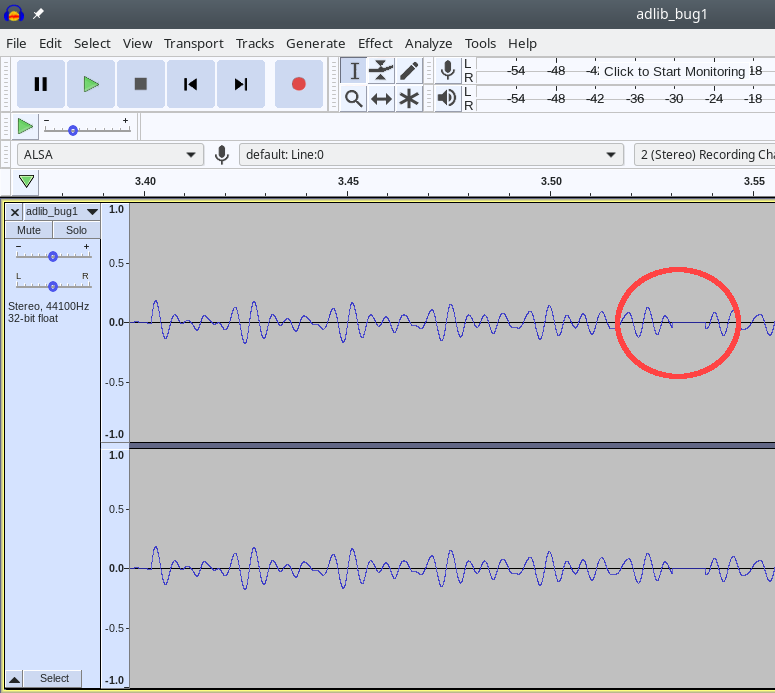Oct 3, 2020
I’ve been working on OPL2 code for a while now. I’ve started to understand at a level beyond what I could a few years ago. This is progress. What does it mean? Let’s discuss problem-solving in the context of OPL2 in 2020. I want to write a piece of software for the Intel X86 architecture. I want it to be below the kernel of the computer meaning that there is no operating system, no bootloader and if you’re really wild, only a single function needed from the BIOS. I wrote all this and there are bugs, but instead of focusing on those bugs, we’re instead going to look at just OPL2.

If I were to get this code working on a host machine, our process of problem-solving would actually be a lot easier. Write more code and fix anything that comes up. Because testing on a host is one step more difficult than testing on a VM, I decided that most people would choose to use a VM instead of running my game on their host or a random piece of ancient hardware they have in storage. It is true of me, but I have an excuse. There is a debugger for my VM, Qemu but there is not one in my game’s kernel. That comes in mighty handy when things go wrong.
Read more »
June 9, 2020
This blog post will be a bit weird but I'm trying to find my voice besides the IRC world and the inner world that I've been navigating for more than 20 years. I don't think it's going to be easy, so think of this more as a reference than a blog post. In other words, don't read this blog post unless you're on a path like mine where your stuff has become a deep rabbit hole. Today's rabbit hole, as well as monday and sunday's rabbit hole has been EXT2.
Backstory: I'm writing a kernel and I need a filesystem. A simple one would make my life easier but would then make everyone else's life harder. Do I want to do that when I'm writing a game that is intended to teach people how to write hundreds, even thousands of kernels? Do we want everyone in this tree of learning to be harmed because I wanted to play my game sooner? Maybe. Maybe.
Read more »I made a quick cutting mat this morning with Inkscape, so I thought I'd share. It probably won't print on a normal printer, but because it's an SVG, it is pretty easily modifiable (I removed a row and column myself in a few minutes). I based it on the many cutting mats I saw when I searched for cutting mat on Google. That's kinda how this sort of thing works. I'm releasing it Creative Commons Attribution license. If you copy it, you're suppose to find a way to attribute me like say "by Javantea". Or don't, I mean... Where did this come from in the first place? I was inspired by others to create this.

This work is licensed under a Creative Commons Attribution 4.0 International License.
If you buy an old car and nothing goes very wrong with it, you might consider yourself lucky, but lucky isn't good enough. Sometimes you have to be smart. You have to check fluids every so often, Haynes recommends every week. If you think 10 minutes of calm, straightforward work per week is too much to prevent a serious problem from arising, you might not be cut out for this sort of work. But if you are, let me tell you about the funny things that I have done to my car with the hope that it will live longer because of it.
Car wash
Dash cam
Read more »



